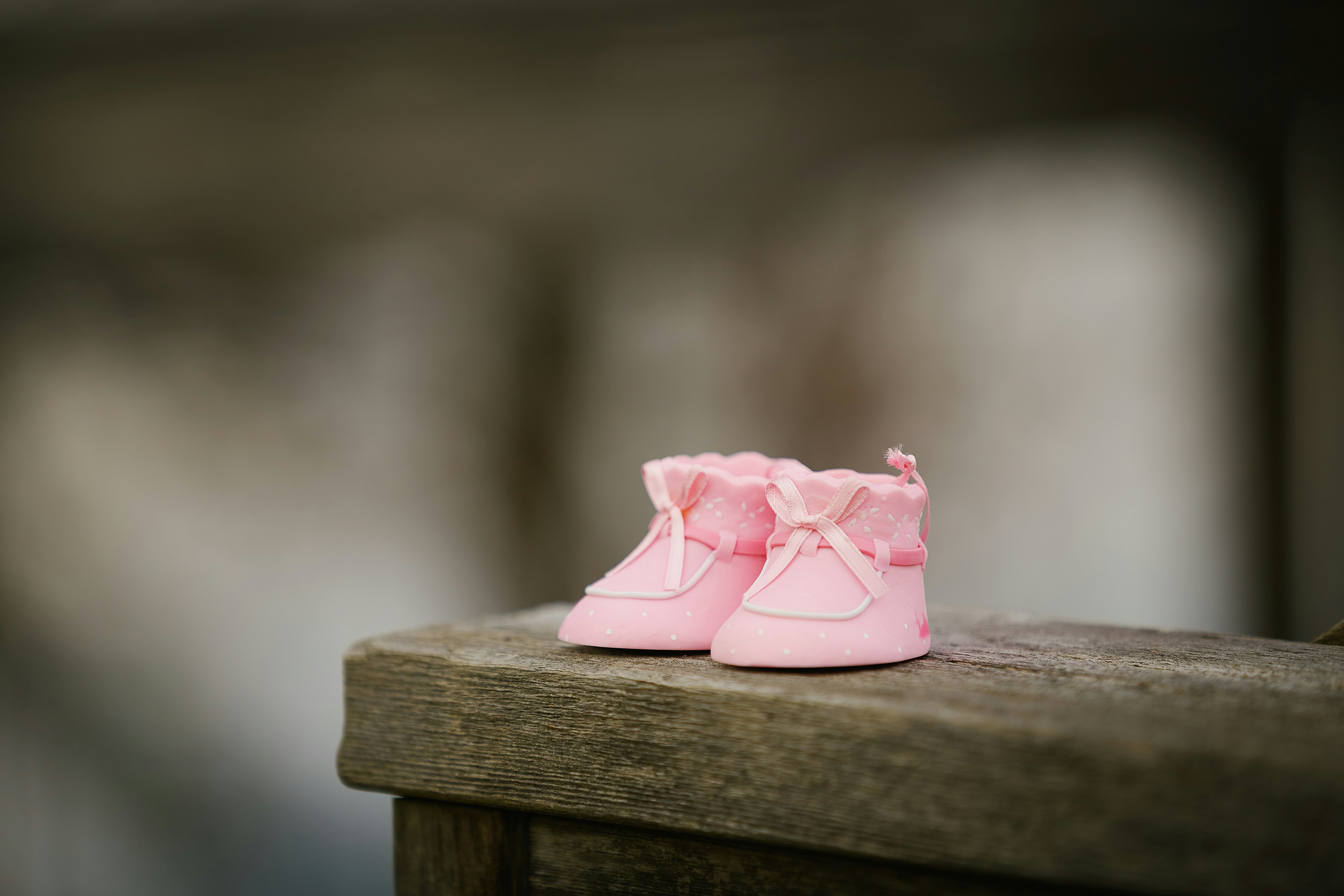Expert Reaction
These comments have been collated by the Science Media Centre to provide a variety of expert perspectives on this issue. Feel free to use these quotes in your stories. Views expressed are the personal opinions of the experts named. They do not represent the views of the SMC or any other organisation unless specifically stated.
Associate Professor Alex Polyakov is a Clinical Associate Professor in the Faculty of Medicine, Dentistry and Health Sciences at the University of Melbourne and is a Medical Director at Genea Fertility Melbourne
The study by Rios et al. was excellently conducted and represents data from more than 8.5 million children. The results are very reassuring for people considering undergoing fertility treatment and for those who were conceived by IVF. The study found no increase in the risk of childhood cancer in IVF-conceived children compared to their naturally-conceived peers. These findings are consistent with previous studies, which also did not detect an increased risk of childhood cancer in IVF-conceived children.
The researchers then went on to examine the risks of individual cancer types in relation to the mode of conception. The findings of this more granular examination of the data are less certain. It must be understood that the chance of a particular child developing cancer before the age of 14 is very small, less than 2 per 10,000 children, according to the Australian Institute of Health and Welfare. Therefore, a statistically significant variation in this very low rate is likely to only alter this statistic very marginally.
The study detected a statistically significant increase in the rate of Acute Lymphoblastic Leukaemia (ALL), but the risk increase is exceedingly small and confined to children conceived via a frozen embryo transfer (FET), not a fresh embryo transfer. No differences at all were detected for all other childhood cancers.
Among 8,266,070 children who were conceived naturally, there were 2,083 cases of ALL, this being equivalent to 2.5 cases per 10,000 children. In the Frozen Embryo Transfer group, there were a total of 66,165 children, and 20 of them were diagnosed with ALL, giving a rate of 3 cases per 10,000 children. This difference was statistically significant, but there are some peculiarities inherent in this type of research which make establishing causation (i.e., FET causes this increase in the rate of ALL) impossible.
The best we can do with these data is to say that FET may have a small but statistically significant association with developing ALL in childhood. This is mainly because this study was retrospective in nature, and not all variations between people undergoing IVF and those who conceived naturally can be taken into account. Some examples of such factors, which were not included in the analysis but could have played a role in the risk of developing ALL in the offspring, are parental smoking, paternal age, and the reason for infertility, just to name a few. Therefore, statistically significant findings of this type of research must be interpreted with extreme caution.
The fact that the rate of leukaemia was higher in the children conceived via a fresh embryo transfer, but not by FET, between 2010 and 2015, reversing the trend observed between 2010 and 2021, also raises the possibility that the findings may be just a spurious association rather than a true increase in risk.
The overall conclusion that can be reached by examining the totality of the study’s findings is that fertility treatments, such as frozen or fresh embryo transfer, do not increase the overall risk of childhood cancer. Further monitoring and research of children conceived via fertility treatments are of paramount importance, and this study is a good example of how to conduct such monitoring in a robust fashion. The “signals” detected by this type of study must be considered in future projects but should not be given undue weight in view of the limitations inherent in retrospective cohort-based studies where important information points are not available for analysis.
Jackie Leach Scully is a Professor of Bioethics and Director of the Disability Innovation Institute at the University of New South Wales
Using any health intervention ethically depends on assessing the balance of benefits and harms. Over the last half century an increasing number of children have been born through some form of ART, and it is important to be confident that the technologies themselves do not lead to significant health issues.
This study was able to follow a very large number of children, and while it confirms that ART is not associated with any higher risk of cancer in general there is a suggestion that embryo transfer might be associated with childhood leukaemia.
Although these findings are only indicative, it’s understandable that families with children born using ART or who plan to use ART may have concerns. Further research should clarify as soon as possible whether there is a real problem and if it can be avoided so that people wanting to use these technologies can make an informed choice.



 Australia; International; NSW; VIC
Australia; International; NSW; VIC


